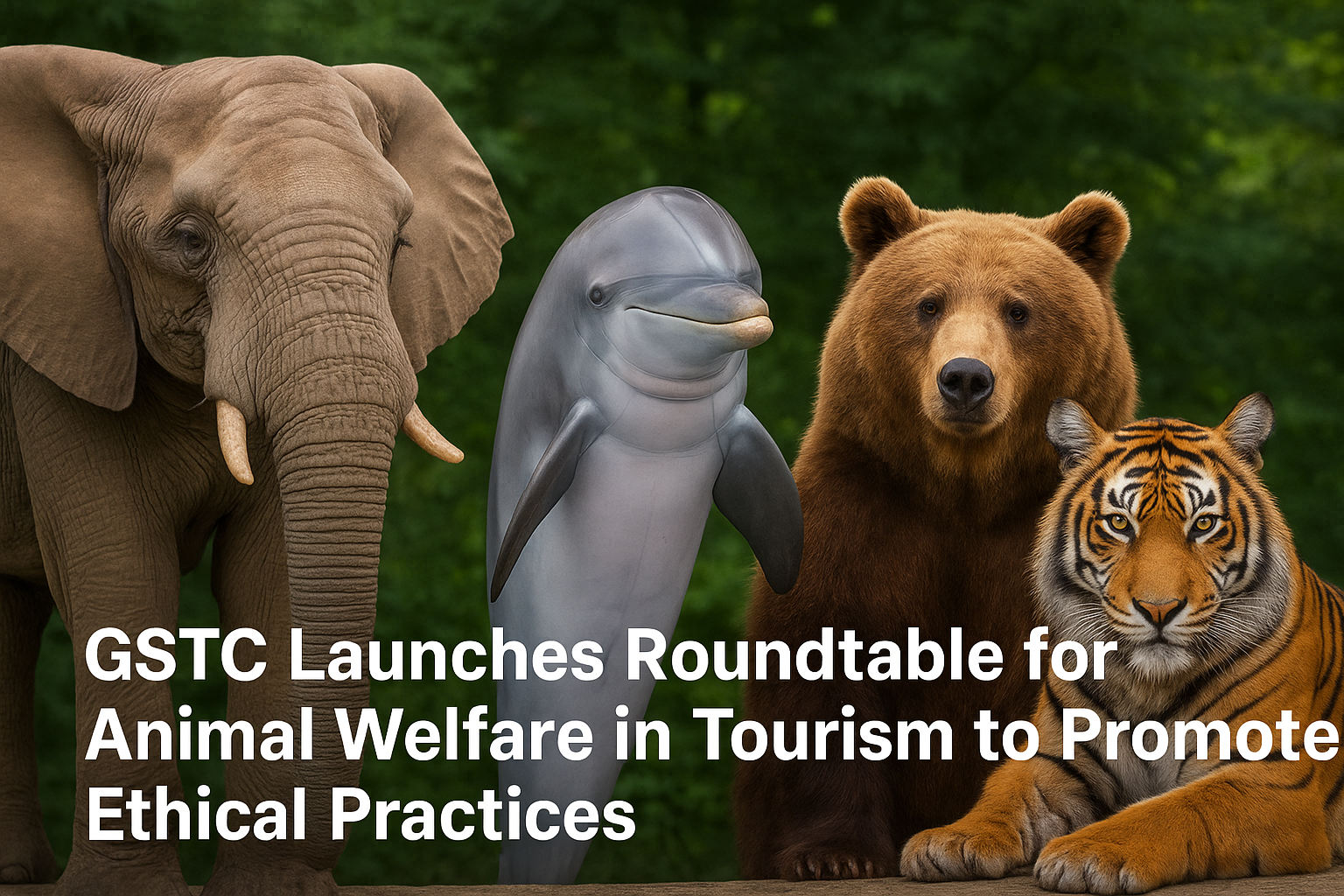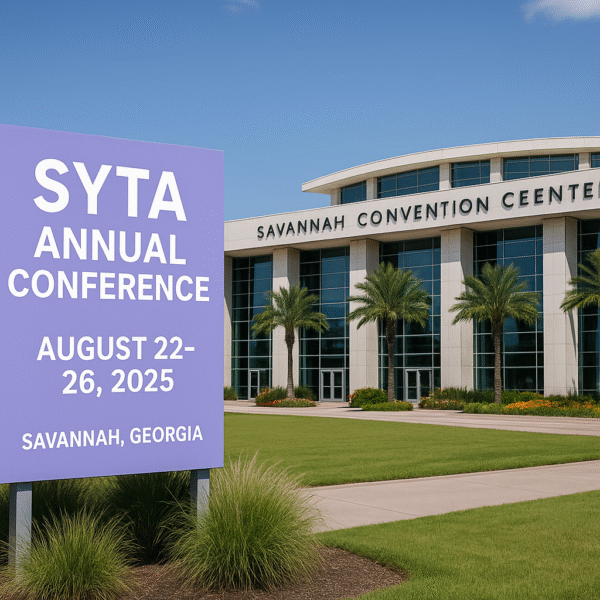GSTC Unveils Groundbreaking Roundtable Initiative to Enhance Animal Welfare in Global Tourism
Washington, D.C., June 2025 — The Global Sustainable Tourism Council (GSTC) has announced a major milestone in responsible tourism with the official launch of the Roundtable for Animal Welfare in Tourism (R4AWT). This global initiative is designed to develop ethical, science-based frameworks and guidelines that protect animal welfare across the tourism industry while fostering collaboration among stakeholders.
Held on May 20, 2025, the inaugural session titled “Foundations for Ethical Animal Welfare in Tourism” brought together experts from conservation organizations, zoological parks, tourism operators, and sustainability councils. The roundtable marks the beginning of a collective effort to integrate humane, sustainable animal interactions into tourism planning and execution.
Ethical Standards at the Heart of Tourism Reform
At the core of the R4AWT initiative lies a pressing need: to harmonize tourism activities with animal welfare standards that are both practical and enforceable. As wildlife encounters and nature-based tourism continue to gain popularity worldwide, so too does the importance of ensuring these interactions are ethical, respectful, and grounded in science.
Randy Durband, CEO of GSTC, voiced his optimism about the initiative, stating:
“As we launch the GSTC Animal Welfare Initiative, we anticipate vibrant and meaningful discussions. The roundtable promises to enrich our collective journey toward clearer definitions and guidelines around tourism’s impact on animal welfare.”
Key Functions of the Roundtable
The Roundtable for Animal Welfare in Tourism will perform several essential functions in its first year, including:
- Reviewing global standards and best practices to identify current models of excellence in animal welfare within tourism.
- Defining the structure, scope, and strategic objectives of animal welfare guidelines tailored for tourism.
- Developing evidence-based, practical guidelines applicable to all tourism operators and destinations.
- Compiling scientific data, implementation tools, and support materials for effective rollout and compliance.
The ultimate goal is to publish GSTC’s Animal Welfare Guidelines for Tourism, a comprehensive document offering tourism stakeholders actionable, humane approaches to wildlife engagement and animal-related tourism services.
Inclusive and Expert Participation
The roundtable comprises a distinguished group of professionals who bring decades of combined experience from sectors such as zoology, wildlife conservation, hospitality, and sustainability. Participants of the inaugural R4AWT session included:
- Anna Blinkowski, Zoological Manager, Skånes Djurpark / IAAPA EMEA
- Jill Nizan, Director of Conservation Operations, Global Humane Society
- Guillame Douay, Veterinarian, Mandai Wildlife Group
- Kelly Meister, CEO, The Blue Lagoon Island
- Nick Cooney, Director, Lever Foundation
- Paula Cerdan, Head of Conservation, World Association of Zoos and Aquariums (WAZA)
- Rick Schuiteman, Chair, IAAPA Zoos & Aquariums Committee
- Sara Torres Ortiz, Co-founder, Animal Wise
- Rodolfo Raigoza Figueras, Grupo Xcaret / IAAPA Latin America
- Ylva Linder, Global Sustainability Director, IAAPA
Their combined expertise ensures that the upcoming guidelines will reflect a diversity of regional, operational, and biological perspectives, making them widely applicable across different tourism markets and cultural contexts.
Reinforcing GSTC’s Ethical Commitment
With the R4AWT, GSTC continues to cement its global leadership in sustainable tourism. The council has long emphasized the importance of balancing economic viability, environmental preservation, and cultural respect. By turning the spotlight onto animal welfare—a subject historically neglected in many tourism guidelines—GSTC is expanding its sustainability mandate to include sentient non-human beings.
The council also plans to align the forthcoming animal welfare guidelines with broader international standards such as the UN Sustainable Development Goals (SDGs), particularly Goal 15 (Life on Land) and Goal 12 (Responsible Consumption and Production).

















